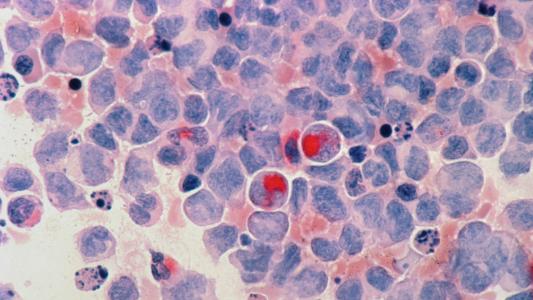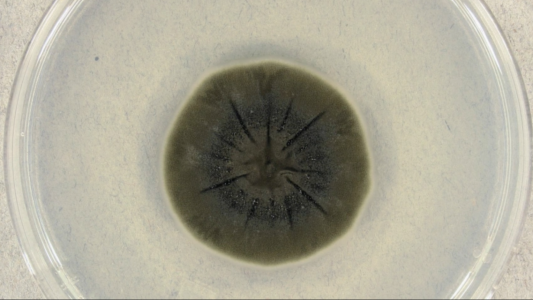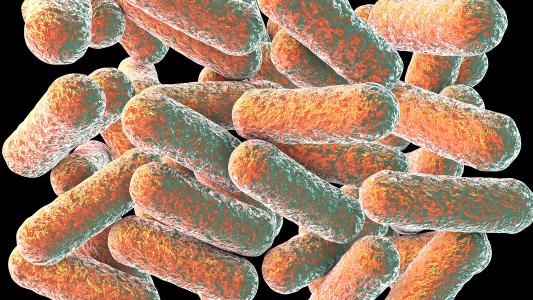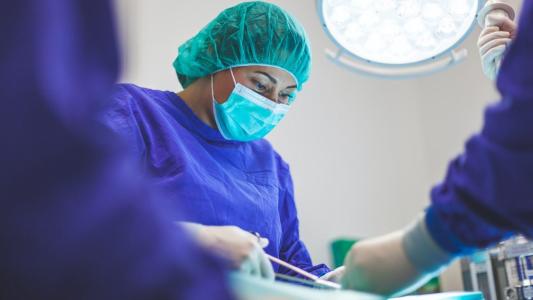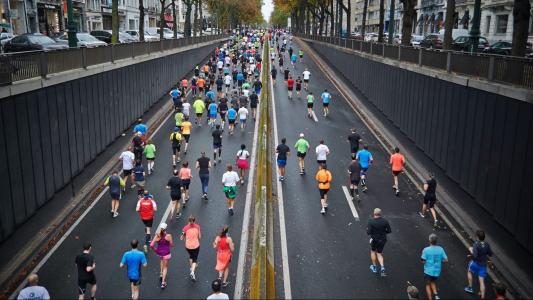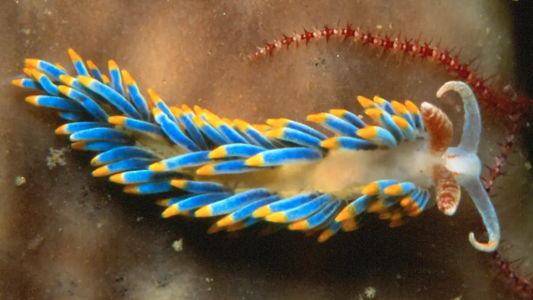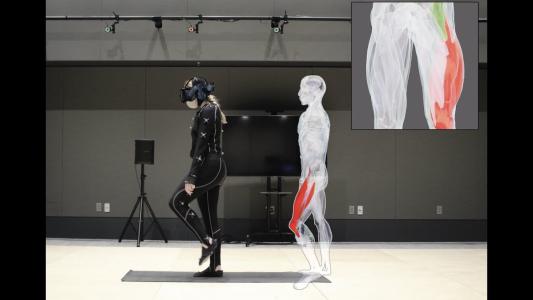Biology
Brain implant translates neural activity into letters, letting a paralyzed man “speak”
A new device allowed a paralyzed patient to "speak," spelling out full sentences in real-time with an error rate of about 8%.
Doctors may not be ready for blood tests that screen for multiple cancers at once
MCED tests are different from existing ones because they are trying to detect early-stage cancer, when there aren’t that many tumor cells.
Chernobyl fungus could shield astronauts from cosmic radiation
A recent study tested how well the fungi species Cladosporium sphaerospermum blocked cosmic radiation aboard the International Space Station.
DNA-damaging molecules in the gut linked to colon cancer
A new Yale study linking a DNA-damaging molecule in the gut to colorectal cancer may give us a way to prevent the deadly disease.
Organ regeneration could overcome liver failure, without a transplant
Patients wait from 30 days to over five years to receive a liver transplant in the U.S. What if the liver could regenerate itself instead?
New exercise study could find drugs that mimic working out
MIT and Harvard researchers mapped out many of the cells, genes, and cellular pathways that are modified by exercise or high-fat diet.
These psychedelic “body snatchers” regenerate their bodies and absorb other organism’s attributes
These bizarre mollusks have the ability to regenerate their bodies and to absorb other organisms' attributes.
What you eat can reprogram your genes
You are what you eat, and what your parents ate, and what their parents ate. An expert explains how the foods you eat can reprogram your genes.
To avoid the worst effects of aging, we might need to exercise harder than we thought
To avoid one of the worst side effects of aging—bone, joint, and muscle pain—we might need to exercise a lot harder and more often.
New VR body suit lets you see inside your body while you exercise
A system for monitoring motion and muscle engagement could aid the elderly and athletes during physical rehabilitation.

